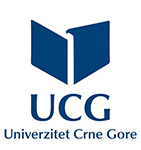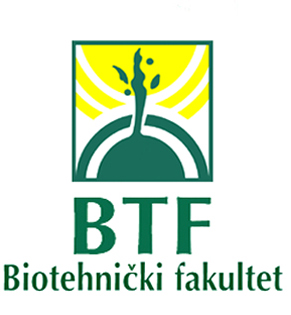| Abstract : |
Forest resources in Bosnia and Herzegovina present rich sites of various non-wood forest products. In the concept of sustainable use of forest resources and assurance the economic, environmental and social effects, non-wood forest products have great importance, especially in the strategic commitments of rural development. However, information on the potentials of non-wood forest products in Bosnia and Herzegovina is very scant, whereas institutional and procedural framework relevant to this sector is underdeveloped. In this paper value chain analysis of non-wood forest products in Bosnia and Herzegovina have been carried out in order to identify the participants in the value chain, their mutual relations, and the analysis of organizational and institutional issues that affect the economic aspects of certain stages of the value chain. Survey method was used for primary data collection in the Federation of Bosnia and Herzegovina, where the relevant information from participants in the chain of non-wood forest products has been obtained. The study included a sample of 156 collectors, who had continuity in the collection and delivery, and 18 companies engaged in purchasing, processing and distribution, which have agreed to participate in the research. For data processing and interpretation of the results classical methods of analysis, synthesis, induction, deduction and comparison, and statistical methods of trend analysis were used. Technique of SWOT analysis was used in order to identify the positive and negative factors, as the basis for defining the strategic direction of non-wood forest products sector development.
The obtained results indicate on the presence of numerous problems in the value chain. The share of individual groups of non-wood forest products in the analyzed period is: 50% of berries, 40% of medicinal and aromatic plants and 10% of mushrooms. The average annual growth rate of purchased and processed amounts of medicinal and aromatic plants was 17%, 28% of forest berries, and 34% of mushrooms. Approximately 93% of these products are distributed in the international market, whereas achieved prices are twice as high as compared to the domestic market. Sales trend has been increasing both in the domestic and foreign markets. The average annual growth rate of sales in the domestic market for mushrooms is 120%, for forest berries 85%, and for medicinal and aromatic plants 64%. The average annual growth rate of sales in foreign markets is 15% for medicinal and aromatic plants, 26% for berries and 33% for mushrooms. The most important foreign markets are Germany, Italy and Austria, and also the United States and Canada for essential oils. The research results show that it is necessary to take certain measures on improvement the institutional and procedural framework relevant for the sector of non-wood forest products, for purpose of its affirmation and contribution to overall national economy. Observed in a broader socio-economic context, it can significantly affect the definition of the forest policy objectives, multifunctional use and determining the strategic direction of sustainable forestry development. |
| For citation : |
Delić S., Keča Lj., Ibrahimspahić A., Čabaravdić A., Behlulović D., (2017) Value chain analysis of non-wood forest products in function of sustainable development of forest resources and rural development in Bosnia and Herzegovina, Agriculture and Forestry, 63 (1): 277-290. DOI: 10.17707/AgricultForest.63.1.30 |

